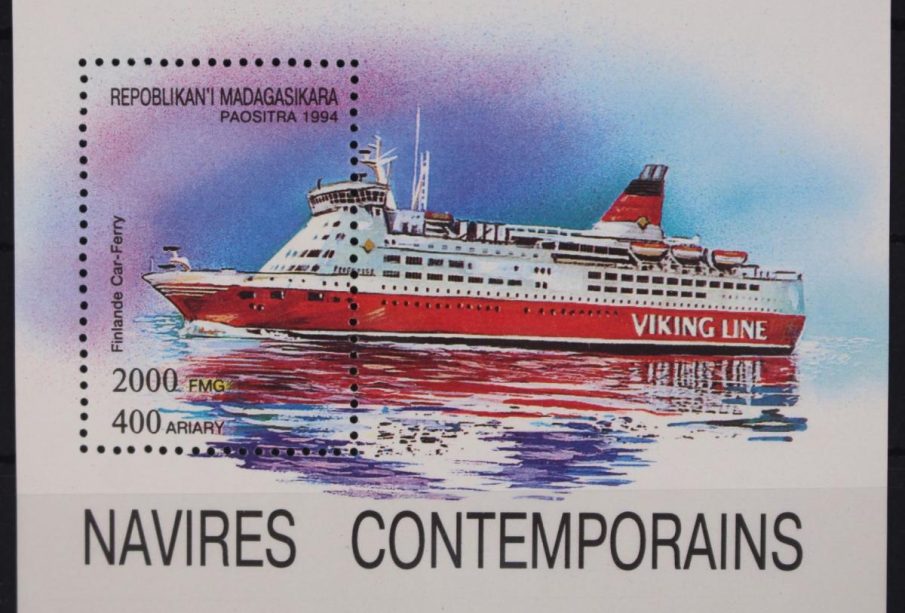Madagascar: A Unique Island Nation Rich in Biodiversity

Introduction
Madagascar, the fourth largest island in the world, is home to a unique and diverse ecology that is unmatched globally. Situated off the southeastern coast of Africa, this island nation is renowned for its endemic species of flora and fauna, with approximately 90% of its wildlife not found anywhere else on Earth. As the world increasingly focuses on biodiversity and environmental conservation, understanding Madagascar’s ecosystems has become crucial.
Geography and Biodiversity
Covering an area of about 587,041 square kilometers, Madagascar boasts a variety of habitats ranging from rainforests to desert regions. The island’s geographical isolation has led to its extraordinary levels of biodiversity; it is home to iconic species such as lemurs, chameleons, and the fossa, which are integral to its ecosystems. Recent studies indicate that Madagascar hosts over 14,000 plant species, 5,000 of which are unique to the island.
Current Environmental Challenges
Despite its rich biodiversity, Madagascar faces significant environmental challenges, including deforestation, climate change, and habitat loss. Approximately 80% of the original forests has been cleared for agriculture and logging, threatening the survival of many species. Local and global efforts are underway to balance development with conservation, including the establishment of protected national parks and wildlife reserves.
Cultural Significance
Madagascar is not only a natural treasure but also a culturally rich nation, with a blend of African, Asian, and European influences shaping its society. The Malagasy people have a deep respect for their environment, guided by traditional practices and beliefs that emphasize harmony with nature. The island’s unique culture, expressed through its music, art, and festivals, attracts tourists from around the world and fosters a sense of national pride.
Conclusion
Madagascar remains a focal point for conservationists, scientists, and ecotourists alike, as efforts to preserve its ecological treasures and cultural heritage continue to grow. With increasing awareness and efforts directed toward sustainability, there is hope for the future of this extraordinary island. Continued global support and dedication to ecological preservation will be essential for maintaining Madagascar’s unique biodiversity for generations to come.









